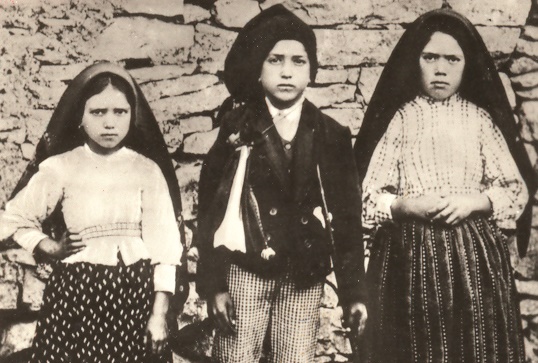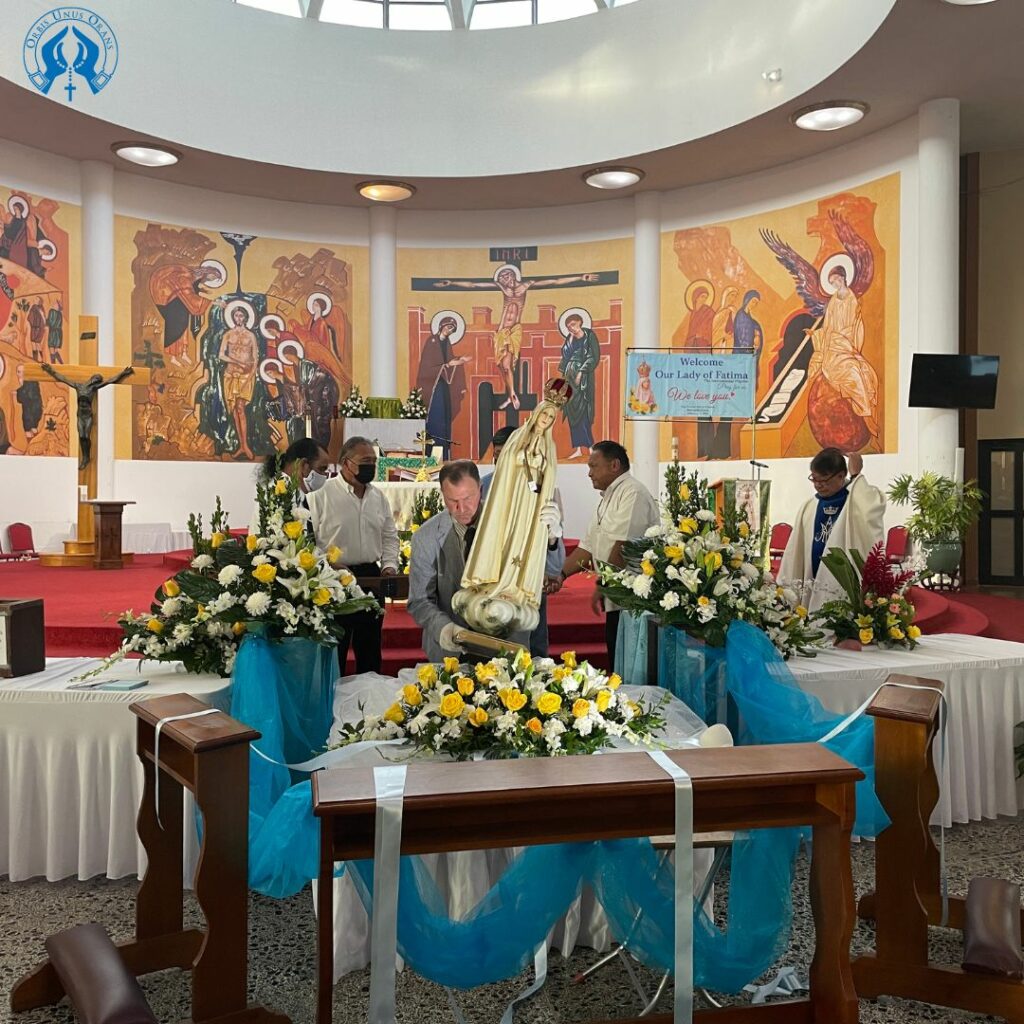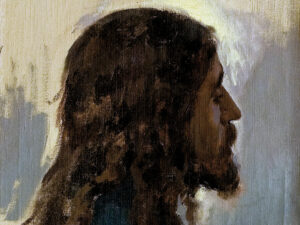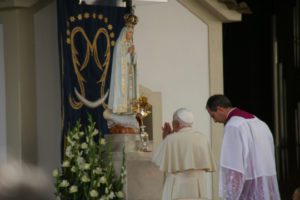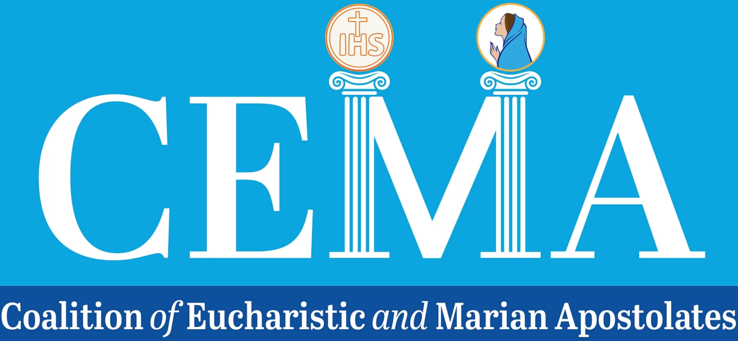by David M. Carollo –


In the 1960s and 70s, some saw the possibility that a totalitarian system which subjugated the masses could be installed here if we were not diligent. The attitude that “it could never happen here” was also bantered about. Those who were astute, however, knew better. Alexander Solzhenitsyn, the Russian expatriate author, warned the American people in the 1970s that we were on the same path as his native Russia, as we continued to move away from spirituality toward secularism. He pointed out that totalitarian control of his countrymen’s physical lives was not the real goal. Elimination of God and the attributes that accompany holiness and natural thought were, and continue to be, the real target.
Science fiction writers, such as Ray Bradbury and George Orwell, presented eerie possibilities of the future in their writings. The technocracies that were the settings for their work were drab and inhuman landscapes devoid of the earmarks of artistic inspiration and built only with functionality in mind. There was no place for religion and spirituality of any sort in these worlds, where the state had become the deity that was to be obeyed. Tracking of individuals to control their very thoughts and actions was the norm. The populace lived as functionaries of the state.
Orwell’s classic 1984 features a protagonist named Winston, who works for the Ministry of Truth. His job was the rewriting of language to fit the party line. In Ray Bradbury’s Fahrenheit 451, the main character is Montag, a “fireman” of sorts. His job is to find books, all of which have been outlawed, and burn them. By doing so they could keep the “radical” ideas found therein away from the populace, who are generally content to receive information from the large telescreens in their homes. Kept in line by fear, the populace obeys the dictates of the state.
In both stories these men come to the realization that the systems in which they are functioning are, in fact, dystopian nightmares, devoid of the human essence. Both stories revolve around their enlightenment, their acts of defiance and their responses to the persecutions that result from their actions. What both characters have in common is the realization that the government line is not in accord with natural law or human reality.
In 1984, Winston breaks the rules and becomes secretly involved with a woman named Julia, an activity that must be sanctioned by the state. While they are together, he speaks nostalgically about his youth. He remembers that there were churches in those days. They trust a man who they believe is a member of the underground resistance movement, but is a member of the Party. Eventually they are both arrested and taken to a facility for re-education.
In Fahrenheit 451, Montag begins to secretly take books from their raids and establish a collection, which his wife, Linda, eventually discovers. When she confronts him with the reality that he is a criminal, she questions why he would risk his position to engage in such activities. “I have to catch up with the past,” Montag says. He then criticizes her and her friends for allowing themselves to be brainwashed by programming on the television. Eventually she betrays him to the authorities.
Both Winston and Montag are caught in their subversive activities, but the stories have different endings. The “criminal” Montag is chased by the flying drone police and when he is not found, they simulate his televised execution as (he) runs. After his staged execution, Montag chooses exile amongst the “Book People” who live beyond the tracks and memorize books. He lives on with a mission and hope that he will be part of building a better world in the future. Winston, however, acquiesces to the societal coercion and accepts the party line, exclaiming in the end, “Long live big brother.”
We live in a world perhaps not as drab and dark as these futuristic worlds, but in one, nonetheless, influenced by the culture of “corporatocracy,” where we are inundated with consumerism and largely influenced by norms established by a secular mentality, establishing a line of thinking contrary to Christian principles. The cancel culture that marginalizes people for taking positions not in line with this group thinking brings us dangerously in the direction of these science fiction stories. Although futuristic when written, these stories paint a scary picture when we consider the technology of today.
As a frequent flier, I travel through airports with ease. Retinal scanners and pre-check status allows me to bypass security – convenient, but also invasive. Our technology can easily become dehumanizing. In the hands of evil people, it becomes the tool of the devil as in these “fictional” stories. We must never allow societal waves to move us away from natural thought.
In his classic book One Day in the Life of Ivan Denisovich, speaking of the conditions in the Siberian gulag, Solzhenitsyn states, “Men have forgotten God; that is why all these things have happened.”
People and societies that decline voluntary servitude to Divine law gravitate to human servitude. Those who attain holiness discern more clearly the world around them. As we grow in sanctity, we have a clearer picture of how to act. It is our duty to attempt correcting the things in our society that are moving us towards totalitarian rule, and away from Divine influence. We are asked to not only reach deep inside to know right actions, but to find the courage to change what is not right. This is the Christian message. Only through prayer can we find the strength to stand for what is right. If faced with these decisions, we must decide if we will be like Winston or Montag.
The Fatima message instructs us to stand for the rights of God. Pray for the strength to stand up for our beliefs and work to bring back a society that reflects our Catholic values. Government actions must support the dignity of all humanity if it is to be legitimate. The future of our world depends on our diligence. Let us work to change the world.
David Carollo is the Executive Director of the World Apostolate of Fatima, USA / National Blue Army Shrine of Our Lady of Fatima.


